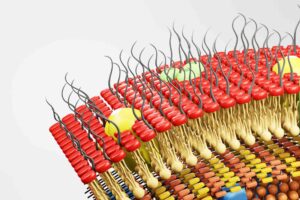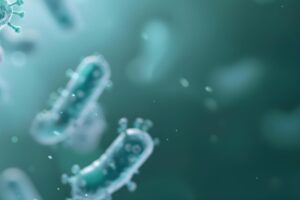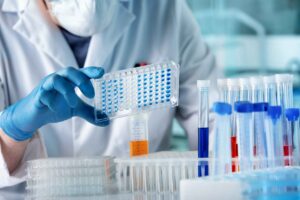Immunology
Gastroenterology, Immunology
Targeting the microbiota could be a new way to strengthen gut immunity and develop treatments for inflammatory bowel diseases such as Crohn’s disease.
Immunology, Pediatrics
Antibodies in breast milk “teach” a newborn’s gut immune system to respond appropriately to microbes and maintain intestinal balance without causing unnecessary inflammation.
Immunology, Gastroenterology
Maintaining healthy T cells is key to preserving gut health and preventing chronic inflammation that drives aging-related diseases.
Immunology, Nutrition
Dietary LPS can mimic microbial signals and drive gut immune development, with early-life being a critical window for shaping gut immunity.
Immunology, Pediatrics
Bacterial metabolites such as inosine could be used as a therapy to strengthen infant immunity after early microbiota disruption.
Immunology, Neuroscience
N-acyl lipids are important, overlooked molecules shaped by diet and gut microbes.
Gastroenterology, Immunology
The findings of a recent study suggest that while T. musculis can worsen asthma, it might also help the body fight off infections, offering potential for new treatments targeting the…
Immunology, Scientific research
The findings suggest that artificial intelligence can help uncover new antibiotics, opening the way for new approaches to antibiotic discovery. The work also offers an open-access resource for antibiotic developers.
Gastroenterology, Immunology
The findings of a recent study may inform the development of antibiotics that kill harmful bacteria and not beneficial ones.
Gastroenterology, Immunology
The findings of a recent study suggest that the infant microbiota produces neurotransmitters that are required for the development of the immune system.











